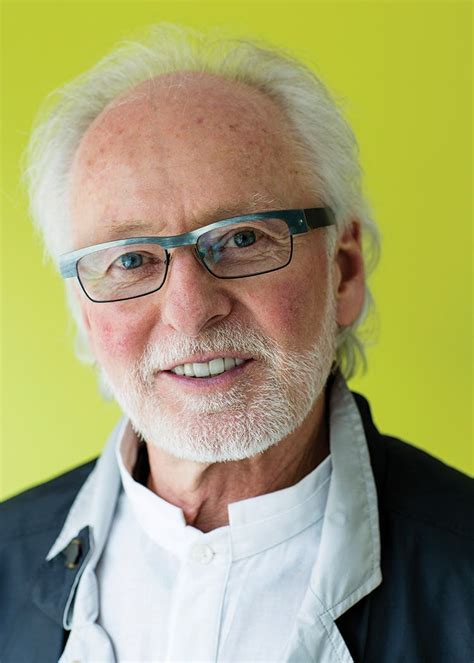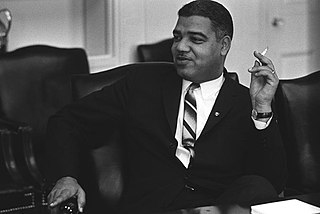A Quote by Richard Leider
Information does not change behavior. Practices do.
Quote Topics
Related Quotes
What I mean by it, and roughly what most biologists who talk about culture mean by it, is either behavior itself, or information that leads to behavior. Information that is picked up through social learning - so, from being with, watching, being taught by others. It's a way that individuals behave or get information about how they will behave that comes directly from the behavior of others.
In the traditional view, a person is free. He is autonomous in the sense that his behavior is uncaused. He can therefore be held responsible for what he does and justly punished if he offends. That view, together with its associated practices, must be re-examined when a scientific analysis reveals unsuspected controlling relations between behavior and environment.
'Crowd folly', the tendency of humans, under some circumstances, to resemble lemmings, explains much foolish thinking of brilliant men and much foolish behavior - like investment management practices of many foundations represented here today. It is sad that today each institutional investor apparently fears most of all that its investment practices will be different from practices of the rest of the crowd.
The mechanical brain does not secrete thought "as the liver does bile," as the earlier materialists claimed, nor does it put it out in the form of energy, as the muscle puts out its activity. Information is information, not matter or energy. No materialism which does not admit this can survive at the present day.
Television is altering the meaning of 'being informed' by creating a species of information that might properly be called disinformation. Disinformation does not mean false information. It means misleading information - misplaced, irrelevant, fragmented or superficial information - information that creates the illusion of knowing something, but which in fact leads one away from knowing.
I used to believe that you could change the culture or behavior of a company. I still believe it's possible, but it is at least a five to ten year process, if you are successful at all. More recently, I have been attracted to the ideas of the behavioralist, Edgar Schein. Schein has argued that you cannot change the culture of a company, but you can use the culture of a company to create change. It's an interesting approach to overcoming resistance. And if you can change how a company does its work, you might eventually be able to change how its people think.
Forgiveness does not create a relationship. Unless people speak the truth about what they have done and change their mind and behavior, a relationship of trust is not possible. When you forgive someone you certainly release them from judgment, but without true change, no real relationship can be established.


































